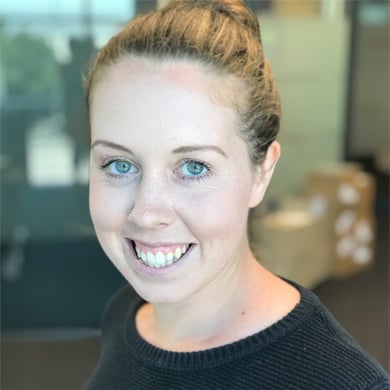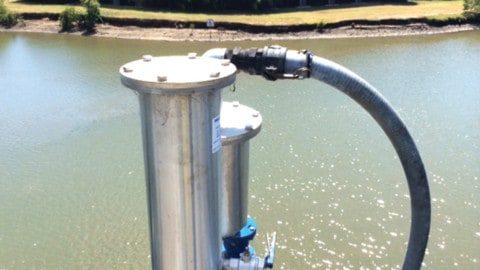The science, technology, engineering and mathematics (STEM) space is constantly evolving with the development of new systems, technology and practices, as well as an increasing ratio of women in the workplace. With this evolution set to impact the next generation of STEM professionals, it’s more important than ever for companies in the STEM space to partner with organisations and education providers to train, educate and inspire future professionals.
A holistic approach to investing in future STEM professionals happens at all levels, from primary school students right through to university level and beyond.
Pipeline repair, restoration and renewal provider, Interflow, is one of the companies leading the way when it comes to creating opportunities for young, innovative minds.
Starting young
Saadia Ali, a Project Manager at Interflow in New Zealand, can trace her love of STEM back to her childhood.
A love of building things, along with a flair for maths and physics, led her into engineering studies at university and on to a successful career in STEM.
Interflow is working alongside Engineering New Zealand on initiatives such as the Wonder Project, which is a free program for schools designed to get more young students excited about STEM subjects.
For Ms Ali, this is an opportunity to pass on her passion for engineering. “I spend an hour a week in a classroom at a local school.
They take soda bottles and build rockets out of them – they learn the concepts of physics and what will make their rockets fly well and what will make them fail,” Ms Ali said.
“It’s about getting kids excited about things that might seem nerdy or not cool to do at school.” While the majority of STEM roles are still filled by men, initiatives like this are paving the way for a greater number of young women to pursue STEM careers.
“Part of the Wonder Project’s aim is to get kids excited who need a push from female ambassadors. There’s a definite push for those young females who are coming through school to know that they can do it if they’re female, it’s not just a boys’ club,” Ms Ali said.
Education stemming from experience
To provide budding STEM professionals with these basic skills and opportunities, Interflow has partnered with university students to offer mentoring and paid internships, many of which lead to permanent work.
One of the reasons this is so important is because Interflow operates in a specialist area of civilised engineering where knowledge is not widespread.
John Monro, Technical Support Officer at Interflow, said that because the area of trenchless technology is not taught in STEM degree courses, specific teaching and training must be developed by practitioners.
“Undergraduate STEM interns arriving at Interflow require training in both the industry and the specifics of Interflow’s practices – training which is not available externally,” Mr Monro said.
“They are also exposed to technologies and concepts that are an extension of those encountered in their studies, exploring the potential for thinking beyond merely applying known formulae and standard methods.
The skills they can develop can be beneficially applied in whatever STEM-related career path they ultimately follow.”
The Interflow internships started through an association with the University of Technology Sydney (UTS) which runs a five-year engineering course requiring a junior and senior internship.
With practical support and training from Interflow, Keith Gover, a Human Relations Business Partner at Interflow, said he has watched many interns develop into graduate engineers and later into project engineers.
“We support the students and they help build our organisation. It’s a win-win,” he said. While many companies offer unpaid internships, Interflow has mandated that all interns be paid to give them a real working experience.
Mr Gover said that this changes the relationship to a typical employee and employer relationship rather than simply doing students a favour.
“We’re not looking to take advantage of students who want to get ahead, so we offer paid internships in Melbourne and Sydney – with plans to extend the opportunity for internships in other office locations as the business grows – and that’s really increasing our support of the next generation of STEM professionals,” Mr Gover said.
“I’m really proud of the people who have worked their way up the company after coming to us as interns, and for the contribution they’ve made to Interflow.”
This partner content is brought to you by Interflow. For more information, visit www.interflow.com.au.















